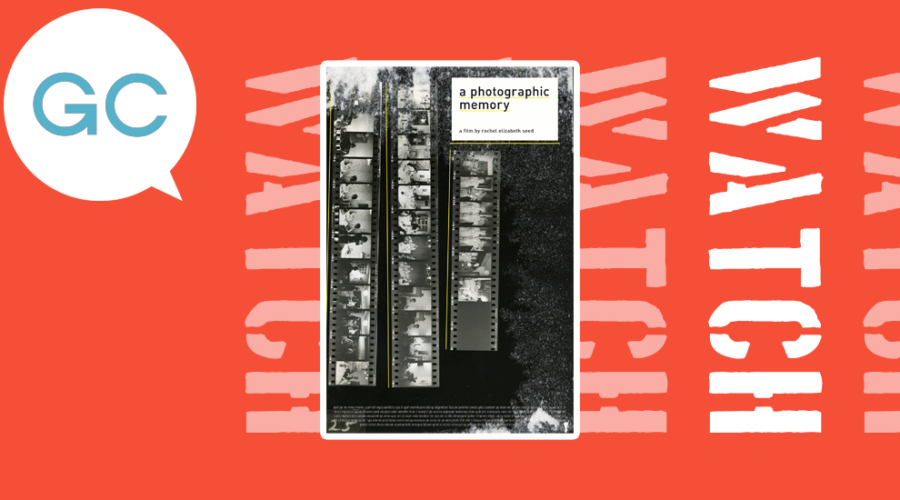Rachel Elizabeth Seed’s A Photographic Memory is a very intimate investigation into the life of a globetrotting journalist (and photographer and filmmaker) whose interviews with legendary lensers like Henri Cartier-Bresson, Gordon Parks and Lisette Model formed the basis for a trailblazing audiovisual series you’ve likely never heard of.
Though “Images of Man” was produced with the renowned International Center of Photography founder Cornell Capa and Scholastic, the eight-part program (each episode pairing a photographer’s images with descriptions of their philosophies in their own words) had been time-capsuled in the ICP archives since 1979; at the behest of the journo’s grieving widower, Time-Life photographer Brian Seed, who sent the raw materials to the center for safekeeping upon the sudden death of his wife at the age of 42.
Which is where things get personal for the director, only 18 months old when her mother Sheila Turner Seed died. And now having discovered this treasure trove (50 hours) of interviews, sets out on a mission to reconnect with a woman she barely knew.
Through both her mom’s archive (still photos, films and journals) and her own contemporary sit-downs with the remaining aged icons (or their partners in the case of Magnum’s Martine Franck, Cartier-Bresson’s widow), Seed travels throughout the US and Europe; and also back in time, chasing a ghostly figure who everyone but Seed has a strong memory of.
Or perhaps the director herself is the ghost. More than one interlocutor comments on the striking similarities between the Sheila they knew and her inquisitive daughter.
Though “With camera in hand you can relax into the illusion of immortality,” Seed offers in her own poetic voiceover. While at one point Cartier-Bresson tells her mother, “Life is once forever. There is no repetition.” “You kind of make a portrait of yourself every time you make a portrait,” Bruce Davidson also says to Sheila, before adding that “The fear is of finding one’s own personal truth.”
Towards the end Seed finally poses the overriding question, “Is a photograph actually a record of something – or is it meaningless without our interpretation?”
A single memory might well be worth a thousand images and words.

